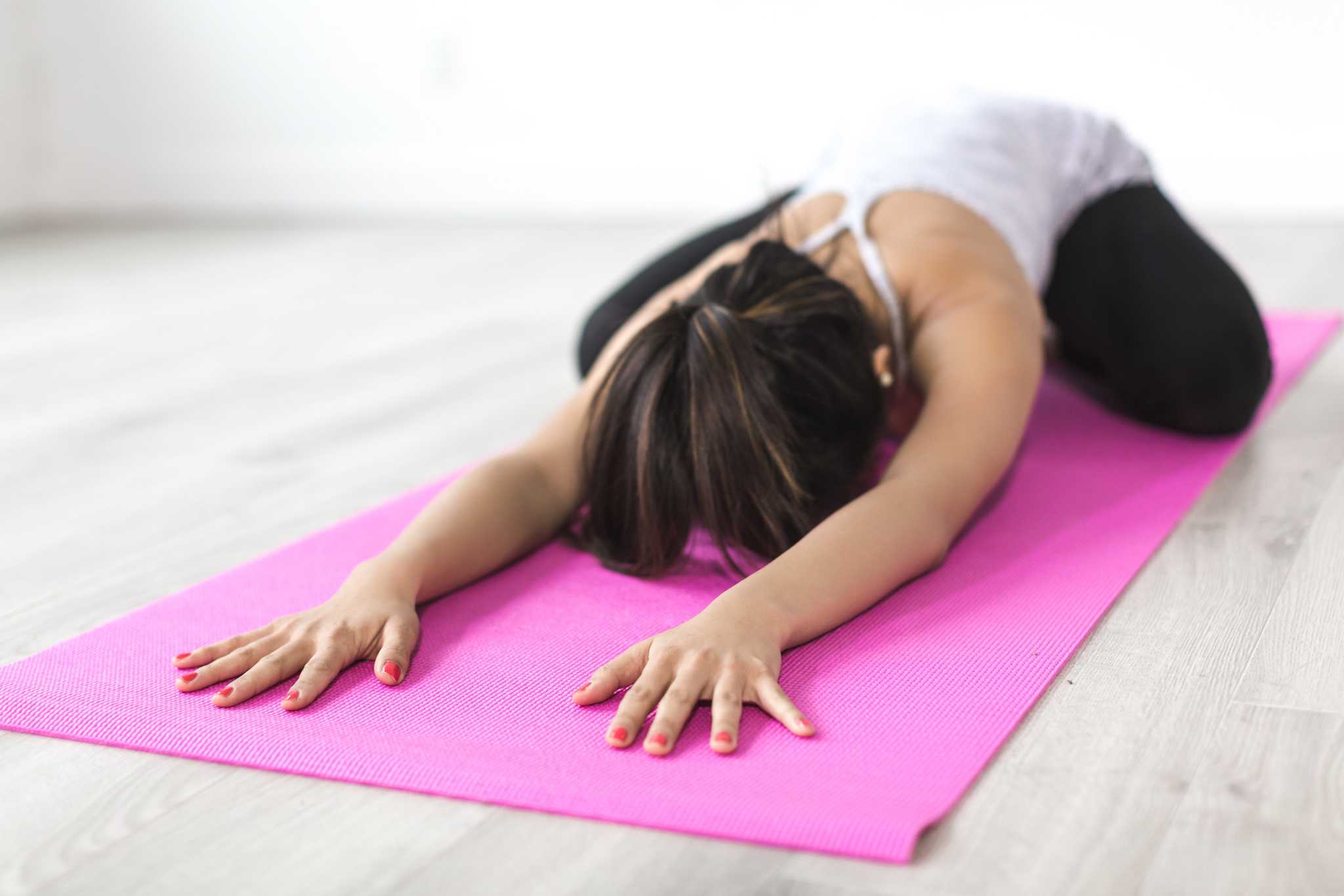Key Tactics to Alleviate Stress & Live Your Best Life
Saturday, March 05, 2022 - 4 min read.

Between juggling a career, raising a family, maintaining relationships, paying bills and taking care of our health, life can be stressful. That isn’t including bigger stressors such as moving houses, the loss of a loved one, and coping with an illness. When it comes to life, stress is inevitable. However, there are key strategies to reduce it, to allow us to live our best life.
The food we put into our bodies impacts our everyday life. From our physical appearance, to the energy we feel on a daily basis. While fast food can be an easy choice, it does not contain enough nutritional value to support your body. That is why eating whole foods is essential to fight the symptoms of stress, such as mental exhaustion, anxiety and aches and pain in the body. Whole foods are unrefined and are in their natural form, whereas processed foods have been modified in a processing plant. Processed foods are oftentimes bleached, and stripped of their nutritional value. Modified foods are often high in fat, sugar and empty calories, which has been associated with increased cortisol levels, our primary hormone responsible for stress.
Stress takes a toll on the body, and eating whole foods is key to counteract its effects. Examples of whole foods to start implementing in your diet include eggs, fruits, lean meats, vegetables, whole grains, nuts and beans. These foods provide your body and brain with the nutrients it needs to function. Eating well can be challenging when you have a busy lifestyle, that is why meal prepping on the weekend is a great way to eat clean during the week. Life can be difficult, and eating healthy will give you the extra energy needed to tackle challenges that may come your way.
While eating healthy meals provides fuel for our bodies, we need to maintain them through exercising. Not only does exercise aid us in improving our physical health, but it dramatically improves our mental health. The mental benefits of exercise are countless, having neurochemical effects ranging from the stimulation of endorphins, to reduced levels of cortisol in the body. Endorphins are responsible for the feeling of relaxation and happiness, as the hormone directly impacts our mood, thus decreasing the body's stress hormones. When it comes to stress, any physical activity, such as brisk walking, cycling, or weight lifting helps calm the mind, as expending built up energy aids in releasing tension. Fortunately, you don’t need to workout every day to combat stress, simple activities such as grocery shopping, cleaning the house, playing with your kids and gardening are all ways to get your body moving to combat stress. It’s easy to incorporate physical movement in your daily life, it doesn't have to be a one hour workout each day.
Working out also has emotional benefits that counteract the effects of stress. A factor of stress comes from a feeling of lack of control, and when your weight begins to decrease, and strength increases, as you take responsibility for your mental and physical health, you build confidence, which helps you feel a sense of mastery over your life.
Sleep is vital. It rejuvenates the body, heals the mind, and provides us with the energy we need to tackle the day. Without adequate sleep, our health rapidly deteriorates, and makes it difficult to perform tasks throughout the day, whether it be performing at your job, or a physical activity. Stress causes physical and mental health problems. When combined with a lack of sleep, the effects can become problematic. Chronic sleep deprivation causes issues ranging from mood swings, trouble concentrating and a weakened immune system.
The best way to fight these symptoms is to get typically 7 to 9 hours of sleep each and every night. Getting a proper amount of sleep on a daily basis will allow your body to have the time it needs to repair and restore itself. Following these techniques will help you get back on track with your sleeping habits:
- Avoid caffeine past noon or 6 hours before bedtime.
- Refrain from using electronic devices before sleep.
- Do something relaxing one to two hours before bedtime such as reading a book, stretching, taking a bath or meditating.
- Create a sleeping schedule, and try to stick to it during weekends.
If you continue to have problems sleeping, speak with a medical professional, as they can diagnose underlying health conditions, such as insomnia, that may be preventing you from getting adequate sleep.
As much as we try to avoid it, stress will always be a part of our daily lives. What matters is how we handle it. Eating well, exercising regularly, and giving your body the proper rest it needs will make certain that you're in control of your stress and not the other way around.
Contact us or come see us today!
